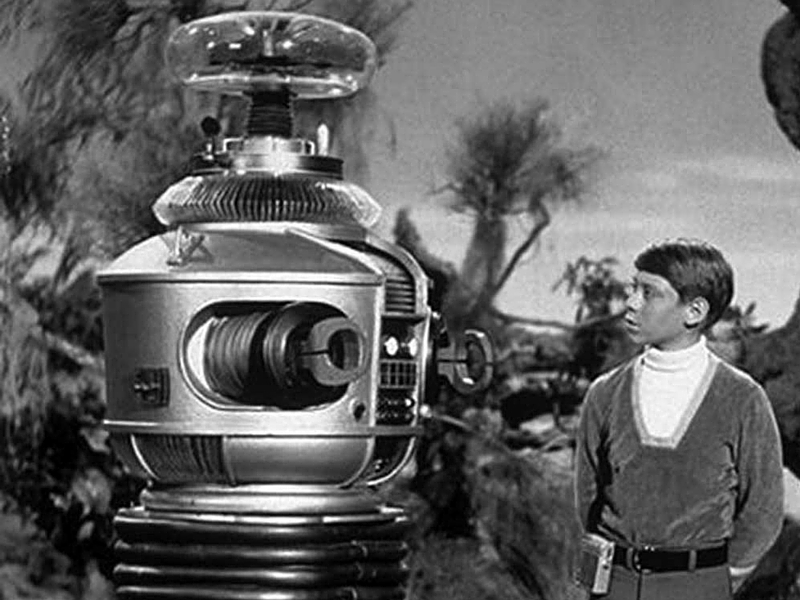Scenario One: During a recent phone conversation with friend who had just shut down his business of 23 years he reminded me of a scene from Hemingway’s The Sun Also Rises where the main character, Mike Campbell, is asked “How did you go bankrupt?” The answer was “Gradually… then all of a sudden.”
Scenario Two: Last week I was in a meeting with a business owner who, describing the turmoil in his business and industry said, “I get an A+ on seeing the coming changes in our industry and knowing the danger to our firm. I get a F on realizing how quickly those changes would create havoc in our business.”
Scenario Three: Margaret was a dear friend; she introduced me to the woman who would become my wife. Margaret had symptoms of potential health problems for two years, but passed them off, “No problem, just aging pains.” By the time the symptoms got to a point where they could no longer be passed off and she got an accurate diagnosis, the cancer was advanced. Our dear friend died less than a year later.
Everyone I know is busy. I suspect virtually everyone you know is busy, too. Perhaps it’s a sign of our economic times. Perhaps it has to do with our laptops, smart phones and iPads – our work is with us anywhere and everywhere. Perhaps it’s because most Americans don’t know how to be unoccupied. I’m sure for some people it has to do with being very self important (“I’m important because I so busy and I’m so busy because I’m important.”).
At the moment I’m not as concerned with the causes of our individual and collective busyness as I am with the fact that this busyness often causes us to miss important information; difference making information.
In each of the three opening scenarios above warning signs were evident before the culminating event. Weak signals were present. They were ignored, missed, overlooked or generally misunderstood. We’ve tempted to say “We didn’t see it coming.” But we did. We just missed it. As my friend Jim Ericson says, “We fail gradually through a series of small failures that we don’t ‘see’ until it’s too late.”
A few thoughts about weak signals:
- They involve today’s information about tomorrow’s changes,
- They could become something that will affect how we live, do business, or what business we actually do,
- They may seem surprising, unusual, odd, or even hard to believe from our vantage point (yet others may already sense it),
- They could a threat – or an opportunity,
- They are often dismissed by “those in the know,” and
- Their cause and effect are not proximate in time and space.
“Danger, Will Robinson!” is a catch phrase from the 1960s’ American television series Lost in Space. The Robot (Robot B-9), acting as a surrogate guardian, says this to young Will Robinson when the boy is unaware of an impending threat. This phrase was actually only spoken during one episode, despite its popularity today. However, The Robot, ever on high alert, frequently spoke such alarms as “Danger!” and “Warning!”
My clients come from people who see an “opportunity” or who realize they have a “problem.” The “problem” group is where I see the “gradually… then suddenly” scenario played out all too often. Their situation is past “gradually” and at “suddenly.” I hear about problems when they are well-established and quite uncomfortable. Please note, these are smart people, well versed in their business endeavors. Experienced. Learned. Competent. Busy.
When you’re busy with life and business it is all too easy to “pass off” weak signals, those little tell tale signs of something brewing. But is it “something” or just the normal and natural “pains of aging?” How do we know?
The solution begins with knowing what you really want. Do you know what you really want? Figure it out. Then ask yourself, “Am I acting as though that’s what I really want?” Here’s another follow up question: “What price are you willing to pay for what you really want?”
As an matter of effectiveness in this process, be more curious than judgmental (a critical point of view). In the realm of divining weak signals, the important steps are listening, learning and discerning, in that order. We must see/hear it, figure it out (Threat? Opportunity? Close? Far?), and then apply critical thinking (appropiriate action and next steps). You’ll also need two essential elements: regular quiet time (to stop, look and listen) and curiosity (to ponder “I wonder…”).
A quick sidebar: Ask yourself what you’re so busy doing. Be honest. Compare that answer with the answer to the question “What do you really want?”
Shhh, listen. Do you hear it? … “Danger, Will Robinson!”
In Other Words…
“Your scientists were so preoccupied with whether or not they could, they didn’t stop to think if they should.” – Dr. Ian Malcolm (actor Jeff Goldblum) in Jurassic Park, commenting on the creation of dinosaurs from prehistoric DNA
“As motion distracts the eye, activity distracts the mind. Likewise, anxiety demoralizes the heart.” – John C. Horton
“Some people are so busy being clever that they don’t have time enough to be wise.” – Thomas Sowell
“At the beginning a disease is easy to cure but difficult to diagnose; but as time passes, not having been treated or recognized at the outset, it becomes easy to diagnose but difficult to cure.” – Niccolo Machiavelli
“Understand me well. My appeal is to observation — observation that each of you must make for himself.” – Charles Sanders Peirce, Lecture II: The Universal Categories
“In the fields of observation chance favors only the prepared mind.” – Louis Pasteur
“How often have I said to you that when you have eliminated the impossible, whatever remains, however improbable, must be the truth?” – Sherlock Holmes, The Sign of the Four
“He who goes slowly, goes surely; and he who goes surely, goes far.” – Corsican proverb
“Giving up the illusion that you can predict the future is a very liberating moment. All you can do is give yourself the capacity to respond to the only certainty in life – which is uncertainty. The creation of that capability is the purpose of strategy.” – Lord John Browne
“The future has a way of arriving unannounced.” – George Will
“The important thing is not to stop questioning. Curiosity has its own reason for existing. One cannot help but be in awe when he contemplates the mysteries of eternity, of life, of the marvelous structure of reality. It is enough if one tries merely to comprehend a little of this mystery each day. Never lose a holy curiosity.” – Albert Einstein
“People hear what they want to hear and disregard the rest.” – Simon & Garfunkel, The Boxer
In The Word…
She had a sister called Mary, who sat at the Lord’s feet listening to what he said. But Martha was distracted by all the preparations that had to be made. She came to him and asked, “Lord, don’t you care that my sister has left me to do the work by myself? Tell her to help me!” “Martha, Martha,” the Lord answered, “you are worried and upset about many things, – Luke 10:39-41






